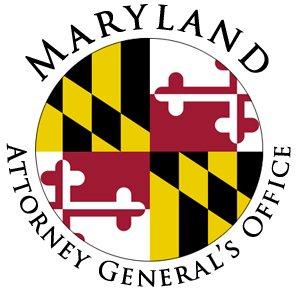1. It does not matter which of the 14 exceptions a public body specifies when it votes to close
a meeting, as long as the discussion during the closed session actually falls within one of them.
a) True.
b) False.
2. You are a member of your Town Council. Last week, your fellow members voted to close a meeting
to discuss personnel matters relating to the continued employment of one or more individuals. During that closed
session which you attended, the Council discussed whether to fill the vacancies created by the retirements of the
Town's locksmith, mechanic, and plumber, or whether instead to acquire all physical-plant services from independent
contractors. Did the discussion fall within the personnel exception?
a) Yes, because the discussion involved the positions of three people
whose identity everyone knew, and outsourcing their old jobs would embarrass them.
b) No, because the discussion involved a policy question about whether
to fill the positions, not personnel matters about any specific current or prospective employee or appointee.
c) No, the exception doesn't apply when the Council is setting policies,
because that is a legislative function.
3. You are a member of your town's Youth Activities Committee, a public body created by
Town ordinance to organize after-school activities for children. At the annual meeting, the Committee
voted to close the meeting to seek advice from its attorney on the potential liability of the Committee
members for accidents occurring during an activity. After the attorney advised the Committee on the
possible risks, a risk management consultant arrived and discussed measures that would reduce accidents,
and the Committee decided to ask the Town for funds so that it could implement the measures. The
Committee then reconvened its public meeting. Did the entire discussion fall within the scope of the
exception?
a) Yes, because a lawyer was there, and the exception
for legal advice applies whenever a lawyer is present.
b) No, because the exception only allows the public body
to receive legal advice, not to receive non-legal advice and make decisions.
c) Yes, because risks to public safety and security can
be discussed in closed meetings.





